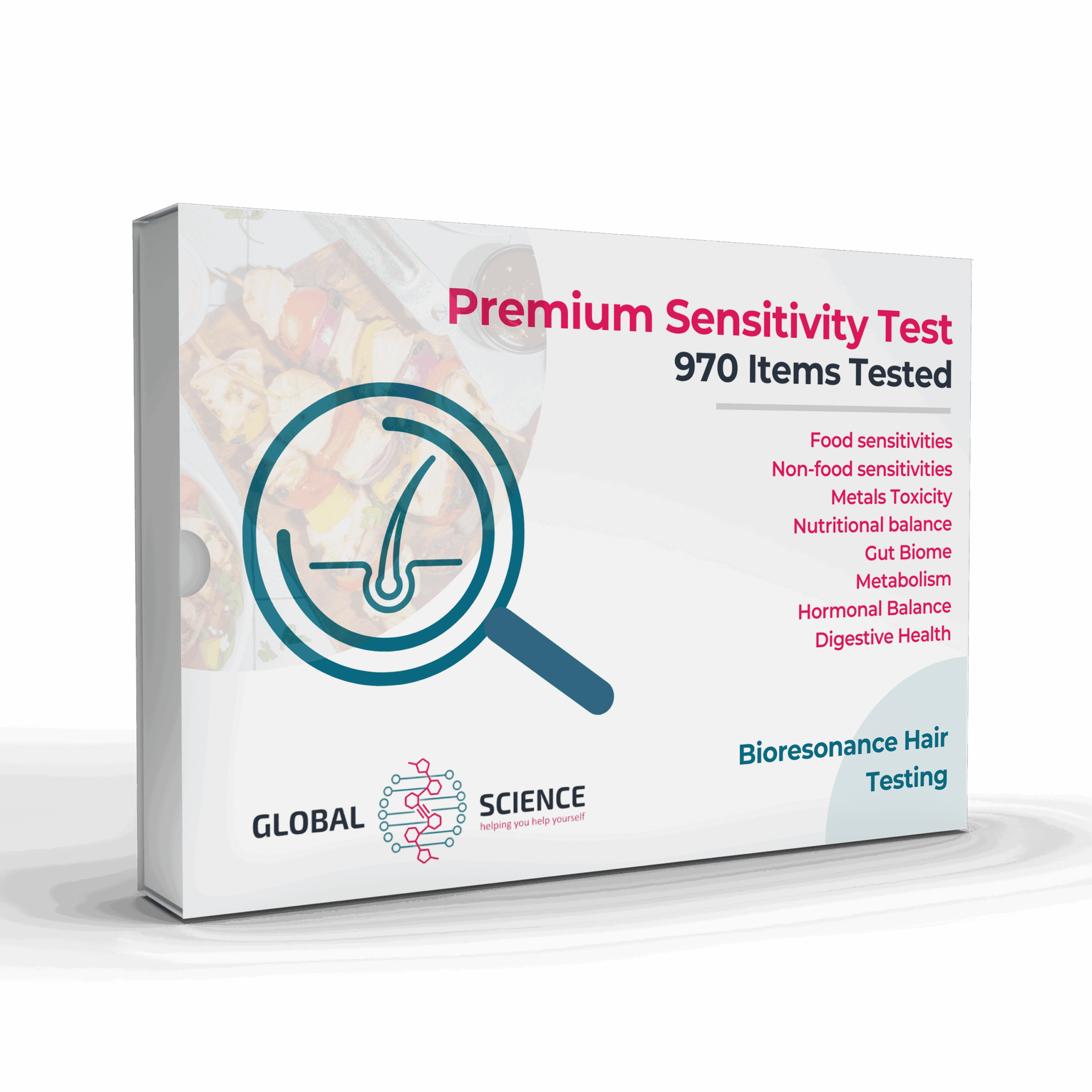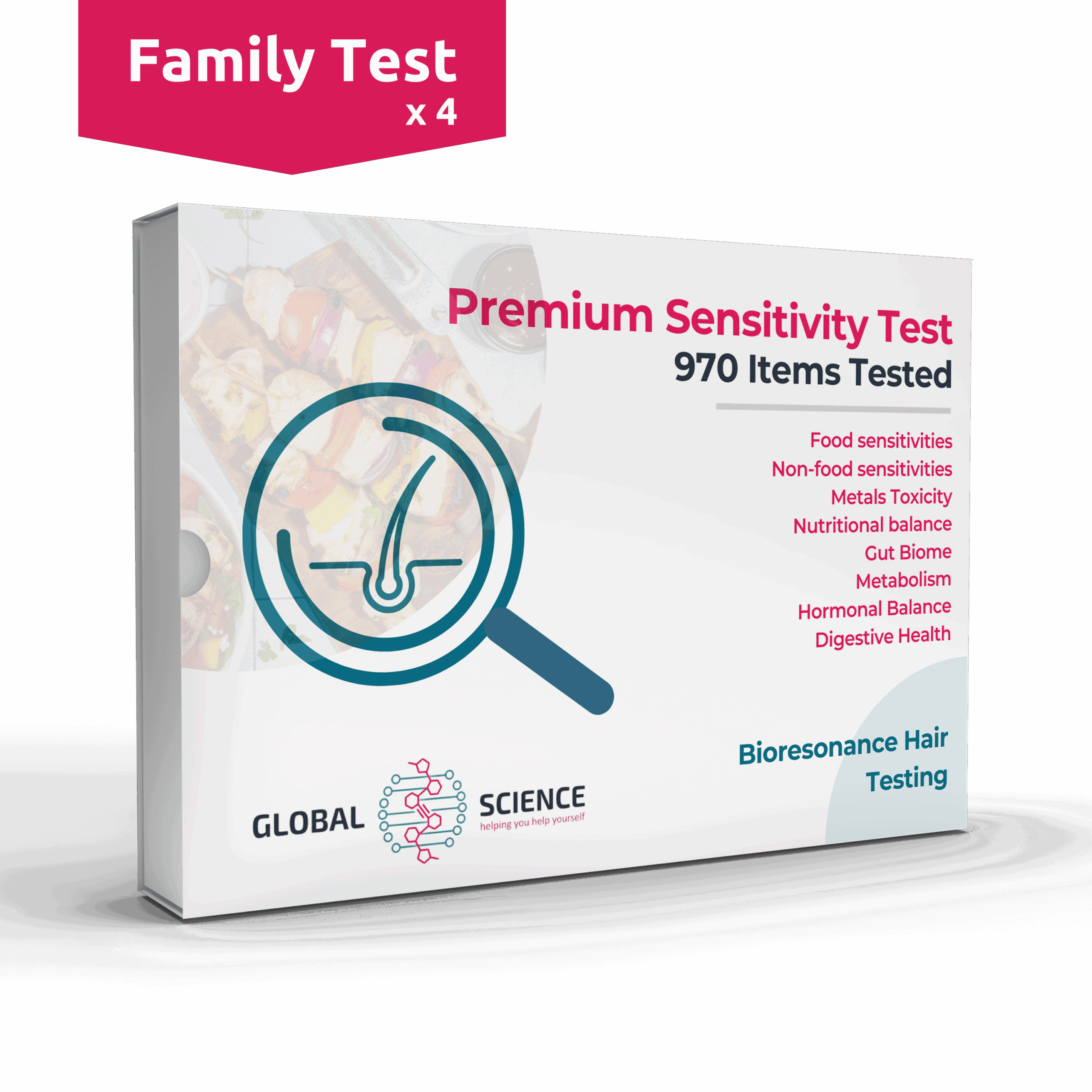Meat Allergy
Meat is the collective term used when commonly referring products of beef, pork, lamb, game or poultry. Meat is mainly composed of water, protein, and fat and is edible raw, but is usually eaten after it has been processed, seasoned or cooked.
Several meat allergies can vary between meat type.
Red Meat Allergy
A red meat allergy, also known as mammalian meat allergy (MMA), alpha-gal allergy or even beef allergy, occurs more frequently with A or O blood type individuals. Research has found that the B antigen in AB or B blood type most resembles the allergen that triggers a meat allergy, providing those individuals with an innate protection.
A sugar type known as alpha-gal in beef, lamb, pork, and other mammalian meats is the allergen and is in almost every mammal except humans.
Although A or O blood type may increase a person’s risk of a meat allergy, research suggests that other infections or co-existing allergies may trigger a symptomatic response or amplify the symptoms.
A more recently documented trigger for meat allergy is the bite of a lone star tick. This tick, primarily from Southern and Central United States sucks blood from mammals whose meat contains alpha-gal sugar. When the tick bites a human, it releases some of the sugars into the bloodstream exposing the person to alpha-gal.
Beef is the most commonly publicised meat associated with this due to recent press coverage and the large beef industry in the states of origin; however, it is documented in other meats.

Poultry Allergy
Poultry allergies are less common than red meat allergies. Some individuals with diagnosed egg allergies will also have a cross-reactive condition known as bird-egg syndrome, in which exposure to down feathers can cause respiratory symptoms.
A poultry allergy is most commonly seen in children and younger adults. Poultry allergy sufferers are usually noted to be allergic to fish and shellfish.
Pork Allergy
Pork allergies are not usually classed as a true allergy as it is often a cross-reactive response to cats. This is medically known as pork-cat syndrome. The allergy is triggered by the similar molecular structure of cat and pork albumin. People that are allergic to pork are typically allergic to cats, although the reverse is not the case.
Symptoms of meat allergy include:
Rash or hives
Abdominal cramps
Diarrhea
Nausea or vomiting
Swelling of the face or lips
Anaphylaxis (rare)

Meat intolerance/sensitivity
A meat sensitivity or intolerance is where a person presents various digestive symptoms after the consumption of meat products, whether processed or unprocessed. A less severe condition than an allergy, this condition can still be uncomfortable and embarrassing for the individual.
Symptoms of meat intolerance or meat sensitivity include:
Bloating
Diarrhea
Tiredness
Gas
Nausea
Nutrition

Meat is a good source of protein, vitamins and minerals in your diet. Meat is a major source of B-complex vitamins: thiamin, riboflavin, niacin, vitamin B6 and vitamin B12 and high in vitamin A, the fat-soluble vitamin necessary for the maintenance of healthy tissues and vision.
Replacing key nutrients when eliminating meat
It is important to use alternative items in your diet when undertaking either a short or long term elimination diet to maintain nutrient balance.
Below good examples or nutritional alternatives when eliminating meat:
B Vitamins
Oats, rye, buckwheat, brown rice, quinoa, brewer’s yeast, peanuts, mushrooms, soybeans, split peas, pecans, sunflower seeds, lentils, cashews, chickpeas, broccoli, hazelnuts, peppers
Iron
Pumpkin seeds, sunflower seeds, sesame seeds, oysters, mussels, clams, cashews, pine nuts, hazelnuts, peanuts, almonds, lentils, white beans, soybeans, kidney beans, chickpeas, lima beans, spinach, Swiss chard, kale
Vitamin A (Retinol)
Cod liver oil, mackerel, salmon, tuna, cheddar, butter, goat’s cheese
Beta Carotene (vitamin A)
Sweet potato, carrots, kale, spinach, collards, Swiss chard, pak choi, butternut squash, pumpkin, cos lettuce, romaine lettuce, mango, dried apricots, prunes, peaches, melon, red peppers, tuna fish, mackerel
SENSITIVITY TESTS
America's best non-invasive sensitivity test uses a small hair sample to test up to 1400 Foods, inhalants, vitamins and minerals.
Order today and join over 250,000 satisfied customers who now understand their sensitivities and body health.
-
Core - Single
WAS $97.00NOW $37.00SAVE $60.00
400 item food, environmental and metals sensitivity test.
-
Premium - Single
WAS $114.00NOW $47.00SAVE $67.00
970+ item comprehensive sensitivity and health test report.
-
Advanced Sensitivity Test - Single
WAS $149.00NOW $62.00SAVE $87.00
1400 items, our most advanced sensitivity and health test.
-
Premium - Family
WAS $315.00NOW $125.00SAVE $190.00
Our best value and most comprehensive sensitivity test for four people.




